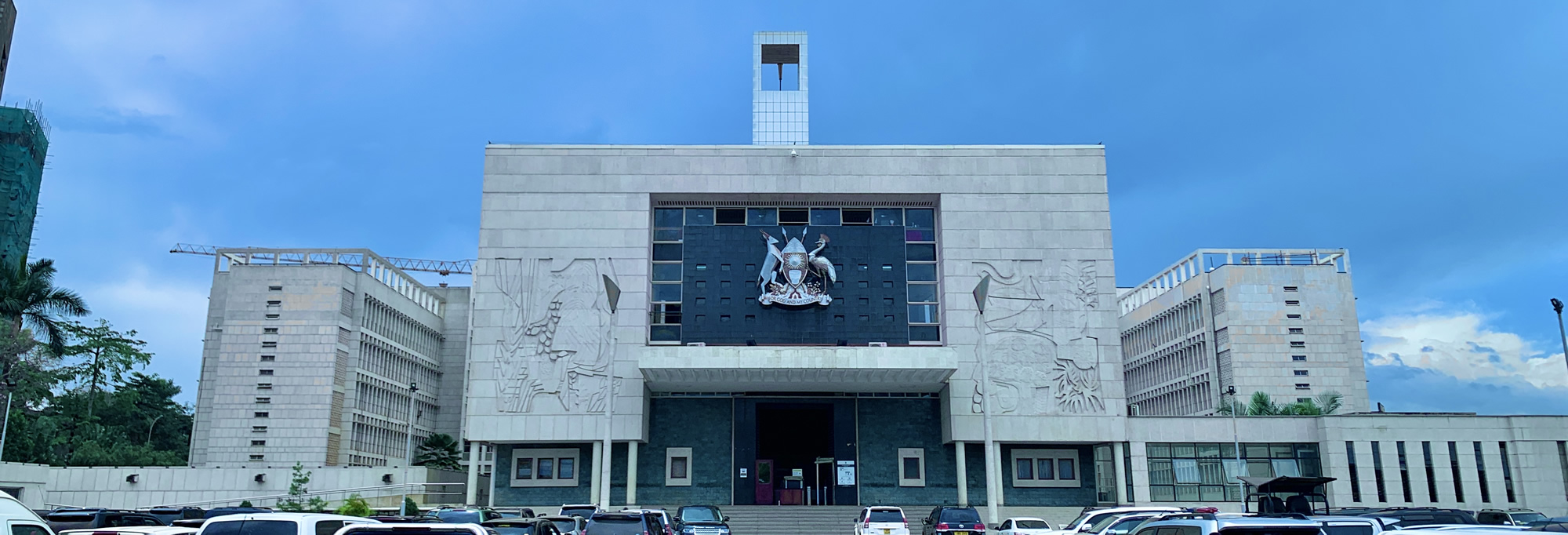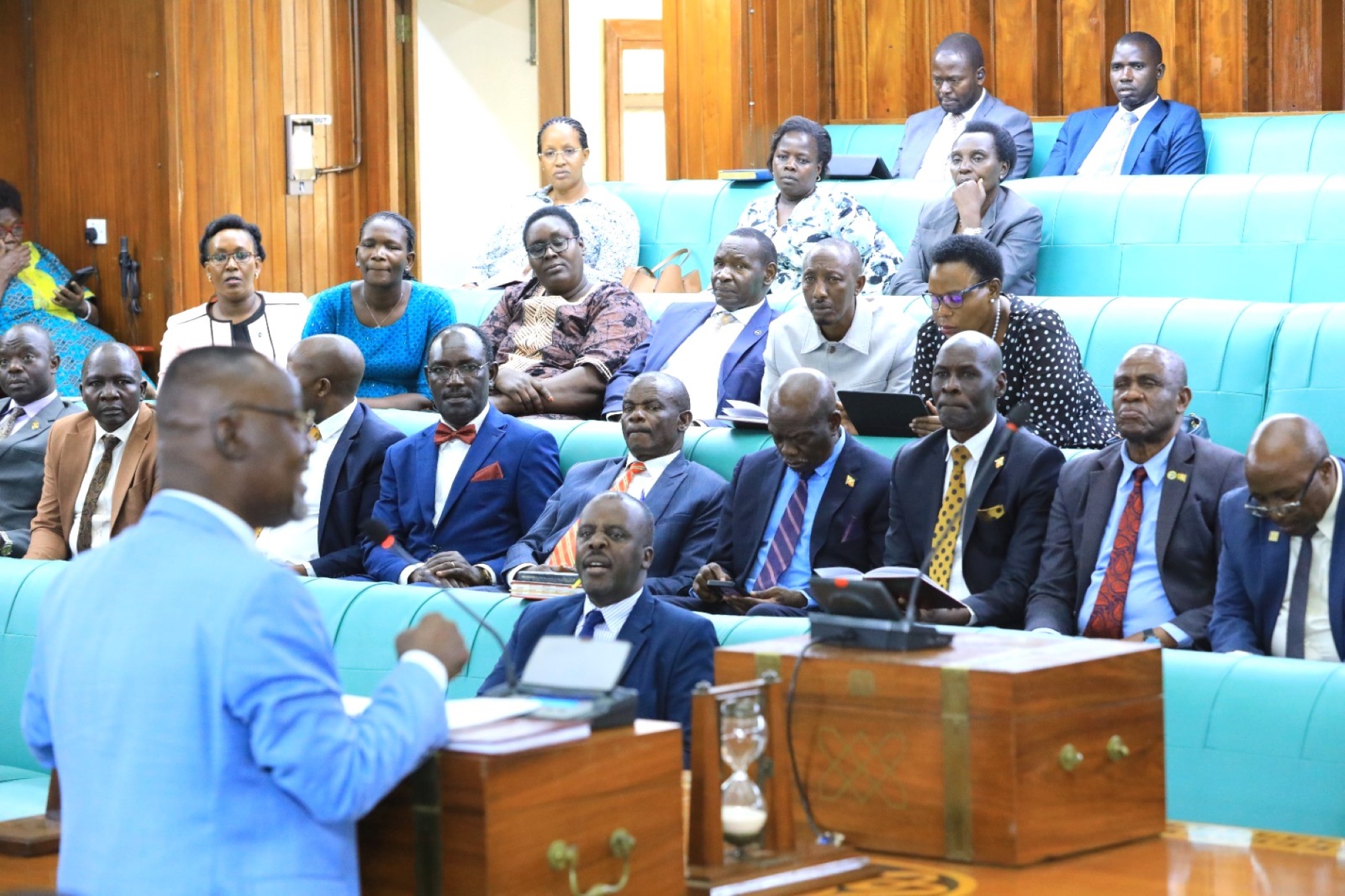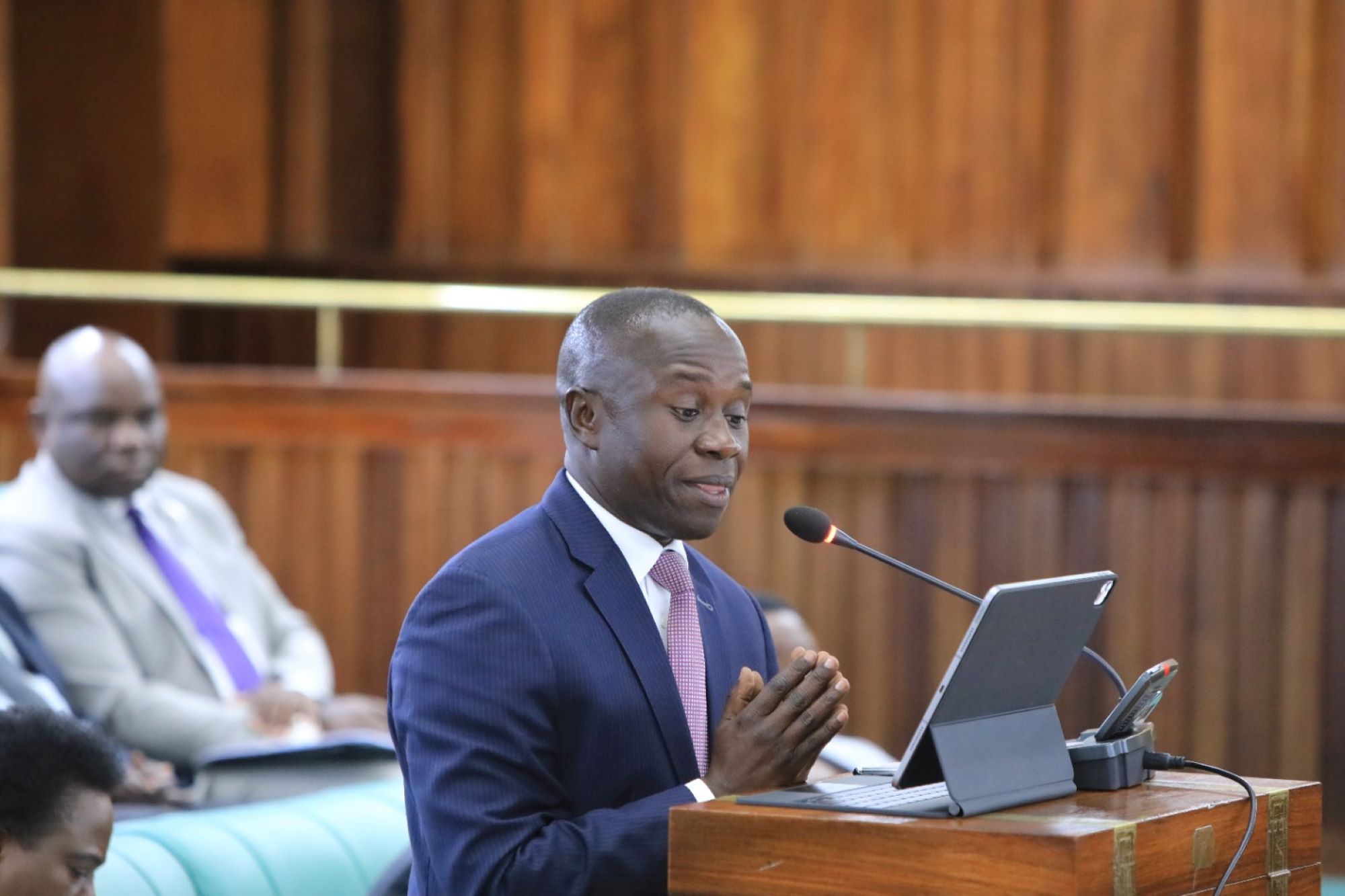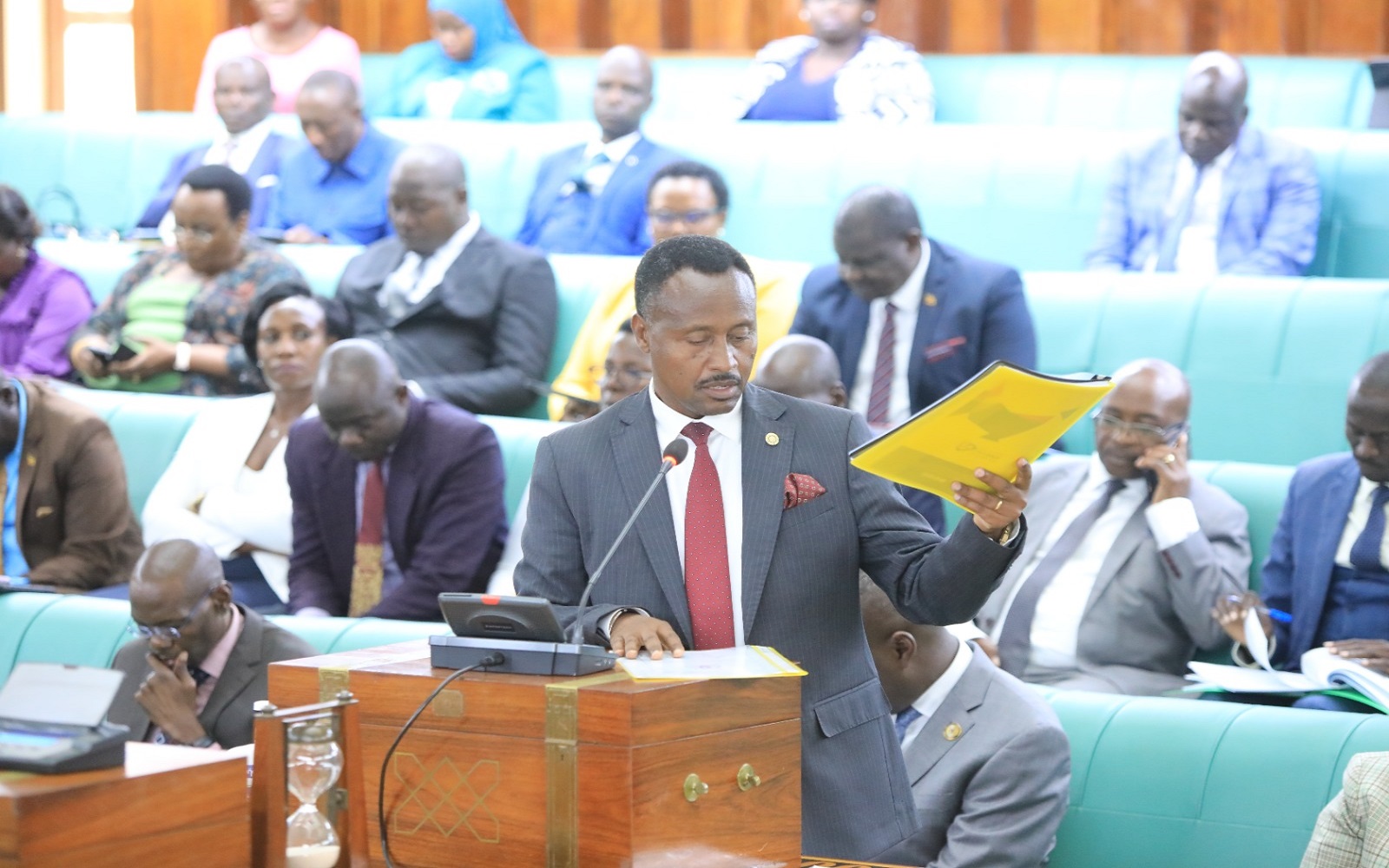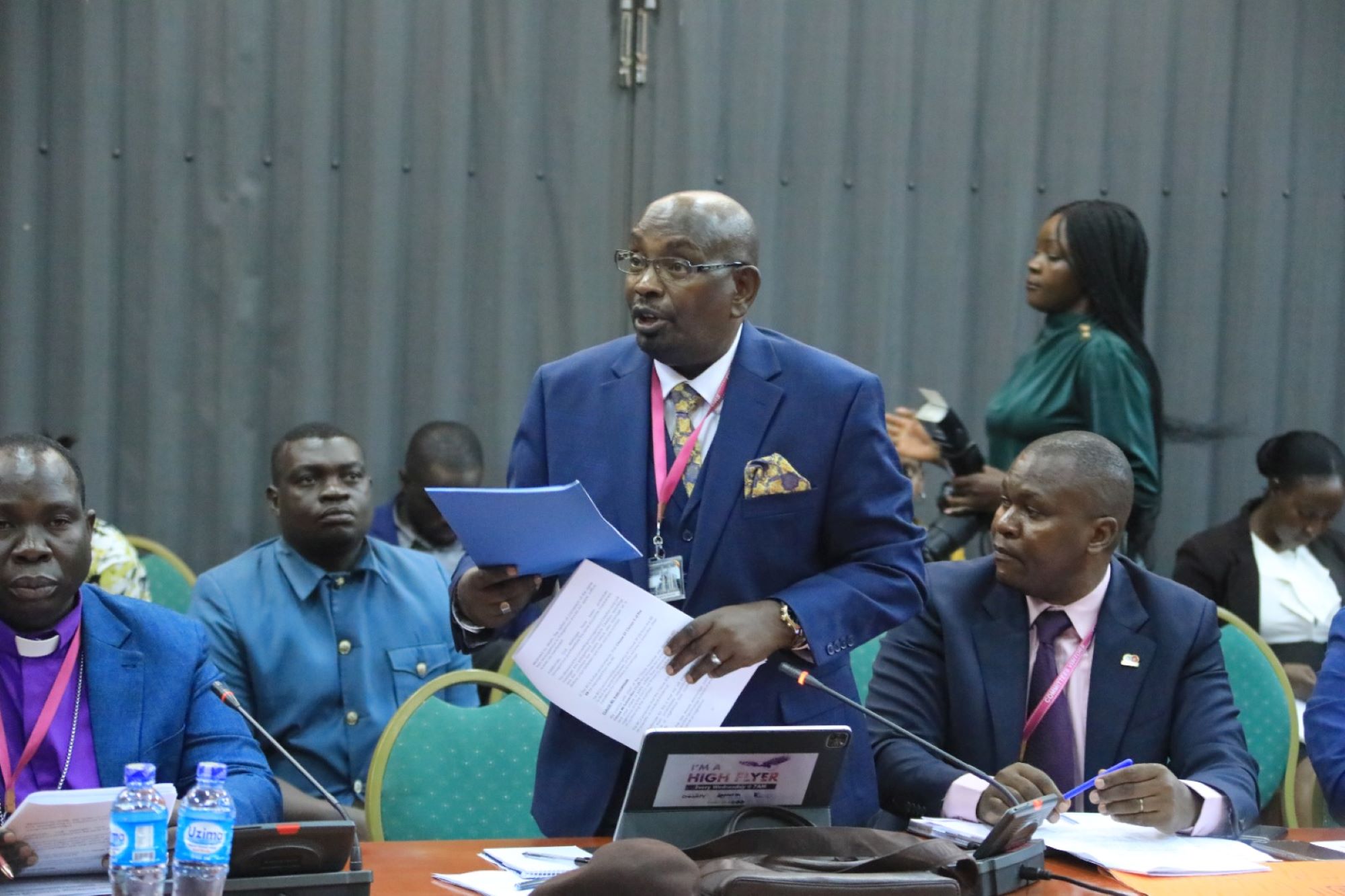Members have passed a tough proposal to ensure that they attend committee meetings or get punished for dodging.
According to the new rule, a committee member must attend meetings unless granted leave of absence and failure if which, can result in the member being removed from the committee and banned from re-designation for three months.
In parliamentary practice, committees play a crucial role in the legislative process by conducting in-depth reviews, investigations, and discussions related to particular subjects.
According to the proposal, a member who misses 10 meetings without leave will be referred to the relevant Whip, who will issue a warning. If absences persist, the issue will be escalated to the Speaker, who may refer it to the Committee on Rules, Privileges and Discipline.
The proposal is part of a raft of several others tabled by the Committee on Rules Discipline and Privileges chaired by Hon. Abdu Katuntu, on Wednesday, 05 February 2025 to amend the Rules of Procedure of Parliament.
In a historic move, Parliament also banned the wearing of camouflage military uniforms by the Uganda Peoples’ Defence Forces (UPDF) representatives, as well as certain African attire by members during plenary and committee sittings.
The committee observed that it is inappropriate for MPs representing the armed forces to wear combat uniforms while attending Parliamentary proceedings, noting that such attire carries the connotation of a battlefield.
With the adoption, these MPs can only wear their official attire to the House.
This decision follows a review of the parliamentary dress code, specifically under Rule 82(a)(v) and (b)(vi), which previously allowed military uniforms in the House. The new regulations aim to preserve the dignity and decorum of Parliament.
The updated dress code also permits traditional formal wear, such as the kanzu and coat for male members, the Hijab for women, and the gomesi for women.
However, the new rules also saw a departure from some forms of African wear like the Madiba shirts, kaunda suits, and other informal African clothing.
Speaker Anita Among, who chaired the House on Thursday, 13 February 2025, informed the House after the proposal was adopted that no member dressed in informal African attire will be allowed into the chamber and committee meetings.

The decision to ban combat uniforms in Parliament received a no objection from the UPDF representatives, including Gen. David Muhoozi, a former Chief of Defence Forces and now Minister of State for Internal Affairs.
Lt Gen. James Mugira, a UPDF MP, expressed his full support, highlighting the importance of maintaining order and discipline. “We are happy to have order and decorum in the House,” he said.
The revised dress code also introduces cravats and flaps as part of the formal attire for members, further contributing to a more uniform and distinguished appearance in Parliament.
Katuntu emphasised that some members have entered the chamber dressed inappropriately, likening it to a marketplace.
"This is not too much to ask, colleagues. For those who are professionals, everyone knows that lawyers and medics dress in a certain way to distinguish themselves," he remarked.
Hon. Derrick Orone (NRM, Gogonyo County, Pallisa) unsuccessfully proposed that various types of African wear be permitted in the House.
“The other side has been accepted, yet you chase away the African wear that me and Hon. Macho are smartly dressed in. I request that this be accepted,” he said.
The proposal to prevent a censured minister from attending Parliament until the President makes a decision was rejected, as it would contradict the Constitution, which gives the power to remove a minister solely to the President.
The House also agreed that members who sign a censure motion can withdraw their signatures if they change their minds.
Although Hon. David Kabanda (NRM, Kasambya County, Mubende) suggested to include the censure of the Leader of the Opposition in the proposals, the matter was not considered as the proposal had not been reviewed by the committee.

Katuntu, also the Buqweri County MP, pointed out that there is no provision for censuring the Vice-President or the Prime Minister.
In another significant move, Parliament amended Rule 72(2) of the Rules of Procedure, restricting how MPs can discuss the conduct of the President. Under the new amendment, concerns about the President must now be raised through a substantive motion, rather than during general debates, amendments, or questions.
Previously, the rules only restricted discussions about the Speaker, fellow MPs, the Chief Justice, and Judges.
MPs also rejected a proposal to have the Human Rights Committee chaired by an Opposition MP.
Hon. Asha Kabanda (NUP, Butambala District Woman Representative) presented a minority report on the matter, stating that human rights is a form of accountability. “We pray that we leave the leadership of this committee to the opposition for the betterment of all of us, for the betterment of this country,” she said.
The Woman Representative for Namutumba, Hon. Mariam Naigaga, expressed support for the idea of entrusting the opposition with the leadership of the committee for checks and balances, but the Deputy Attorney General Jackson Kafuuzi, said this would be a vote of no confidence to the leadership of the current Human Rights Committee.
Debate of the report continues at the next sitting of Parliament scheduled for the following week.
